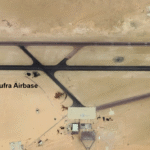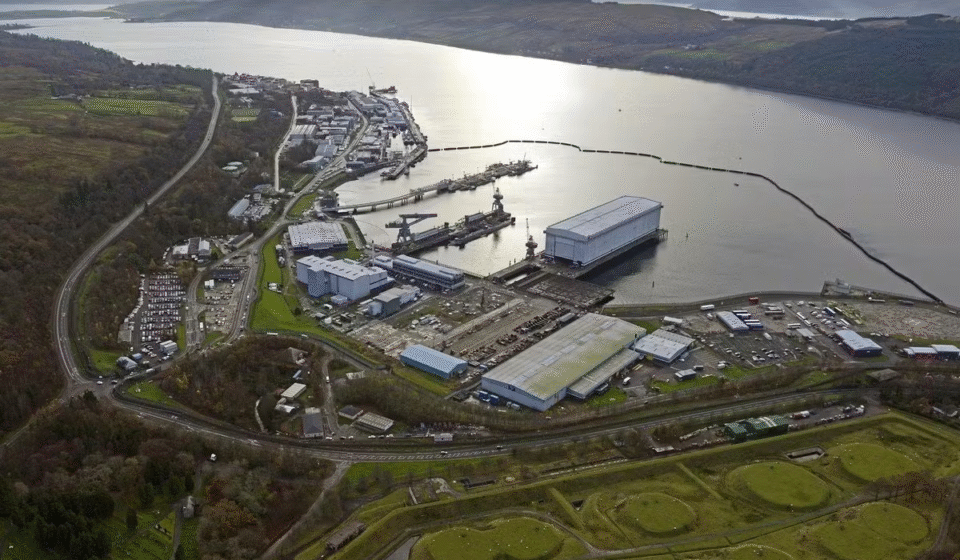
Nuclear Incident Confirmed at British Submarine Base
The United Kingdom Ministry of Defence confirms that a nuclear incident takes place at Faslane Naval Base (HMNB Clyde), which hosts the Royal Navy’s nuclear submarine fleet. The incident comes to light when Defence Procurement Minister, Maria Eagle requests data on Nuclear Site Event Reports (NSER) at the Faslane and Coulport naval bases.
Table Of Content
Answering a written question in Parliament, Maria Eagle states that between April 22, 2024 and April 22, 2025, there is 1 “Category A”, 5 “Category B”, 29 “Category C” and 71 “Category D” nuclear safety events at Faslane Naval Base, but she does not provide details about the nature of the events.
Eagle states that she cannot provide specific details especially on “Category A or B” incidents because disclosure can negatively affect or is likely to affect the capability, effectiveness or security of the forces.
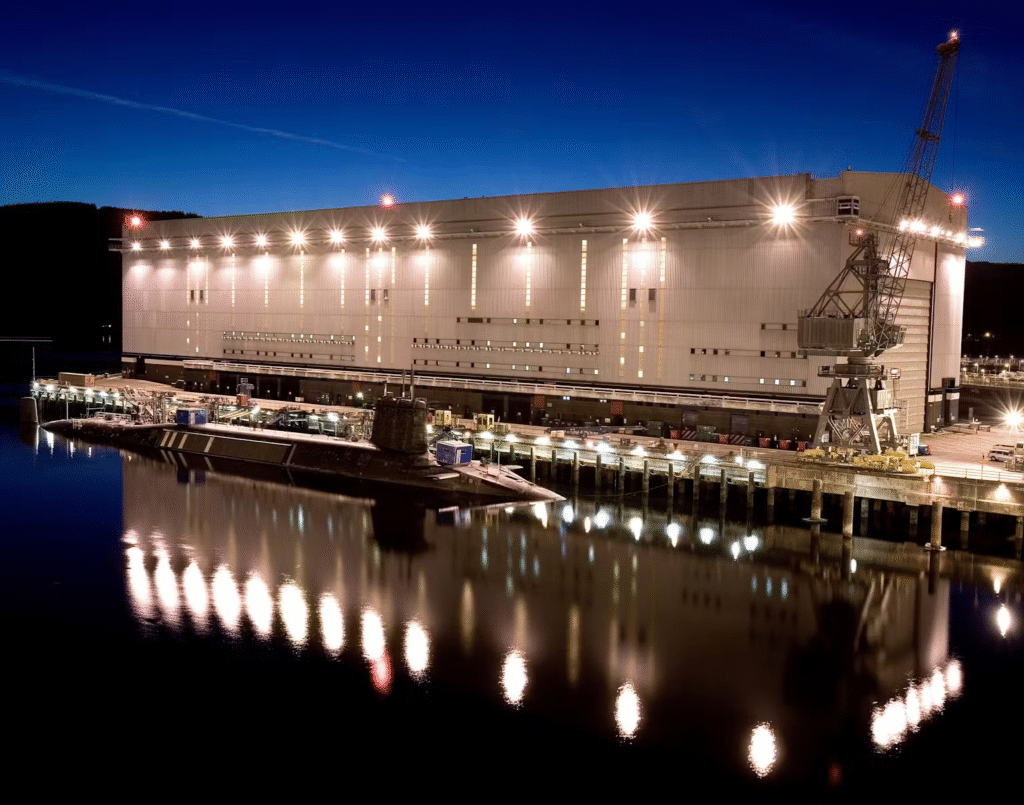
The UK Ministry of Defence Confirms a “Category A” Nuclear Incident
According to the Nuclear Site Event Reports classification defined by the UK Ministry of Defence, Category A events are defined as those with a real or high potential for the release of radioactive material into the environment. Following Maria Eagle’s statement and public reactions, the Ministry of Defence officially acknowledges that a “Category A” nuclear safety event takes place at Faslane Naval Base earlier this year.
Faslane Naval Base stands at the core of the UK’s strategic nuclear deterrent. The base is home to the Royal Navy’s Vanguard-class nuclear submarines and forms the heart of the Trident ballistic missile program. For this reason, every technical issue at the base carries great importance not only for security but also for the credibility of the UK’s nuclear deterrent strategy.
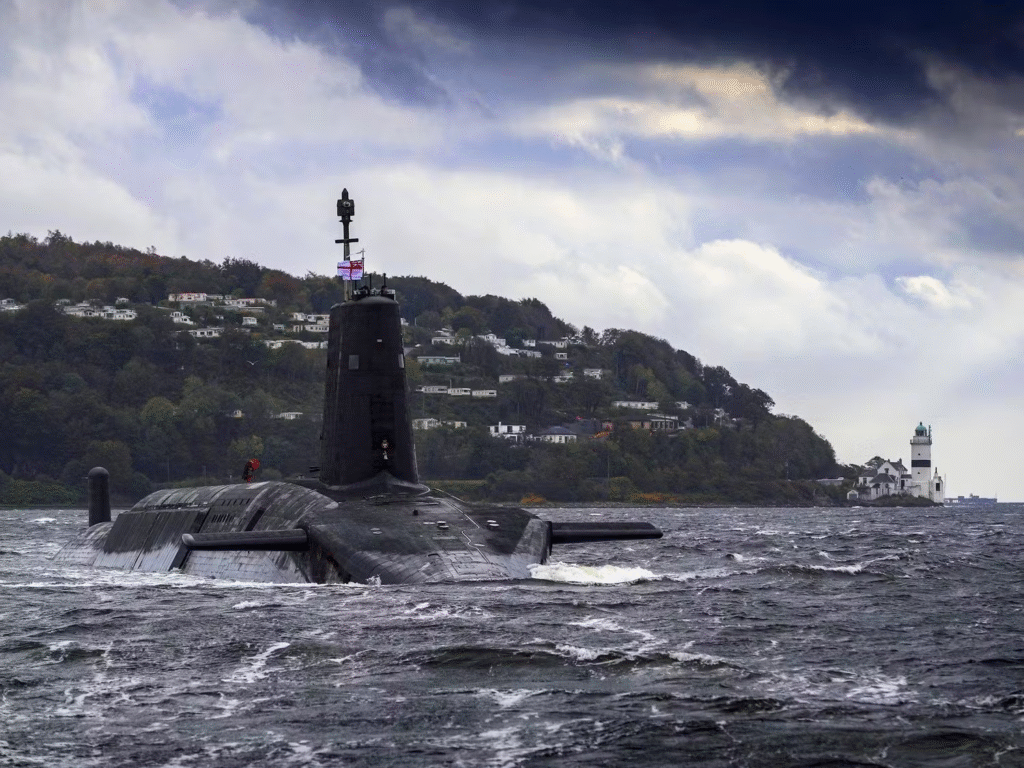
The Ministry of Defence stresses that the incident has “low safety significance” and does not harm personnel or the public, and does not cause any radiological impact. However, details are not shared; for reasons of secrecy, the specifics of the incident remain undisclosed. Officials state that the incident happens sometime between January and April 2025 but give no exact date or technical information.
Although official statements emphasize that the incidents “do not pose a risk to the environment or public health,” experts and politicians criticize this lack of information. They argue that the increase in incidents reflects insufficient infrastructure and a lack of transparency in reporting.

Ongoing Debate on the Safety of the UK’s Nuclear Deterrent
Along with the serious incident at Faslane, other nuclear events of different levels are also reported during the same period. Official records show 2 “Category B”, 7 Category C”, 4 “Category D” and five “below scale” events. This number is seen as a reflection of growing technical problems and maintenance needs at the base in recent years.
The Ministry of Defence repeats that none of the incidents cause harm to the environment or public health, but debates on transparency grow. Some members of Parliament argue that details should not be hidden for the sake of public safety. According to experts, classifying a “Category A” event only as of “low safety significance” raises questions about the credibility of the nuclear safety system.
A few days before the disclosure of the Category A incident at Faslane, reports emerge that radioactive water leaks into the sea from the Coulport Naval Armaments Depot, and that 13 “Category C” and 34 “Category D” events are recorded. This raises further concerns about the safety of the Royal Navy’s nuclear power.
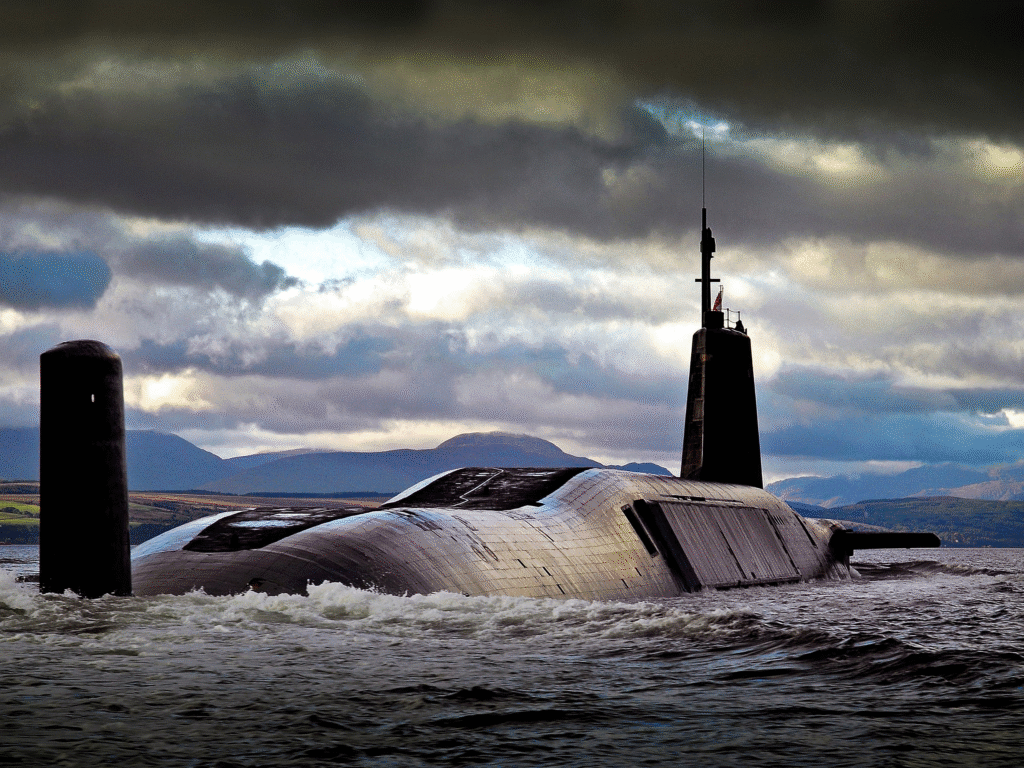
Radioactive Water Leaks from Trident II Ballistic Missile Depot
It is confirmed that radioactive water leaks into the sea from the Coulport Naval Armaments Depot, where Trident II missiles used by the Royal Navy’s four nuclear ballistic missile submarines are stored. This triggers public reaction in the UK. A report written by the Scottish Environment Protection Agency in 2022 and revealed later states that the network of about 1,500 pipes does not receive proper maintenance and that about half of the components remain in use beyond their design life.
It is confirmed that repeated failures of the old pipes cause leaks, and radioactive material is released into Loch Long, a sea loch near Glasgow in Western Scotland. The report states that the leaks result from the Navy’s failure to carry out regular maintenance of the equipment in the area reserved for storing nuclear warheads.
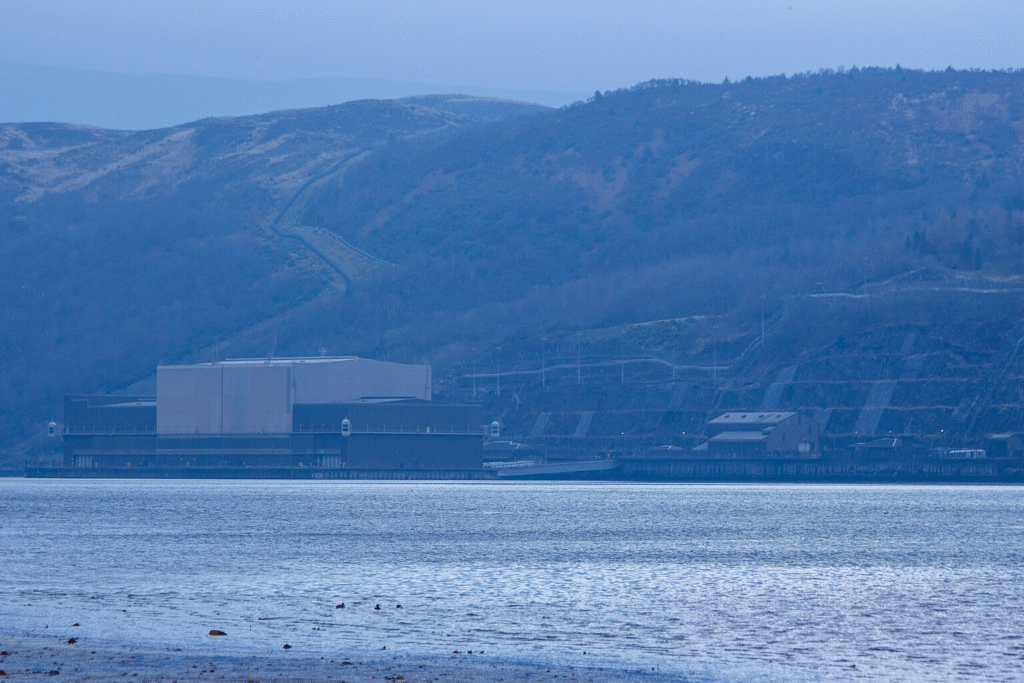
The incidents at Faslane and Coulport bases once again show how sensitive the safety and maintenance of nuclear infrastructures are. Official statements that the events are “harmless” do not fully ease public concerns. These developments bring the need for greater transparency in both the UK’s nuclear safety policies and the process of informing the public.
Such incidents highlight the importance of taking preventive measures before they turn into major disasters and serve as a warning with lessons for both national security and the future of international alliances.




